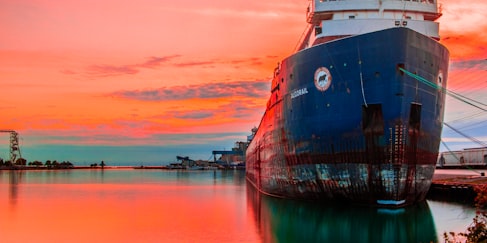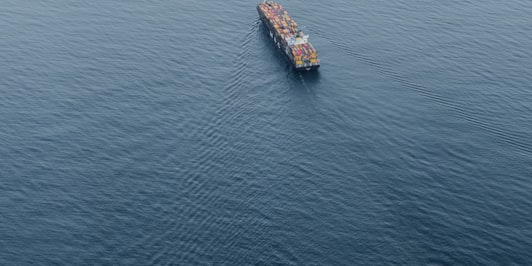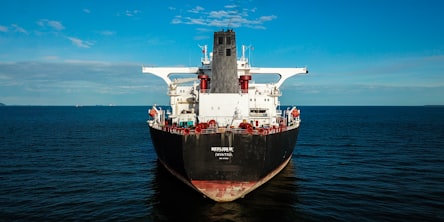
- Shipping companies have spent more than $12bn fitting thousands of scrubbers on vessels.
- Preliminary risk assessment on the PAH emissions from scrubbers was not possible considering the available information.
- The IMO is due to discuss future regulation of scrubbers at a meeting next week.
- The IMO’s sub-committee PPR will this week finalize details of the ban from 1 March on the carriage of HFO on ships not fitted with scrubbers.
- The premium for LSFO has ranged from $200-$300 a ton.
- Installing...
http://mfame.guru/imo-to-decide-fate-of-hfos-and-determine-scrubber-effectiveness/








